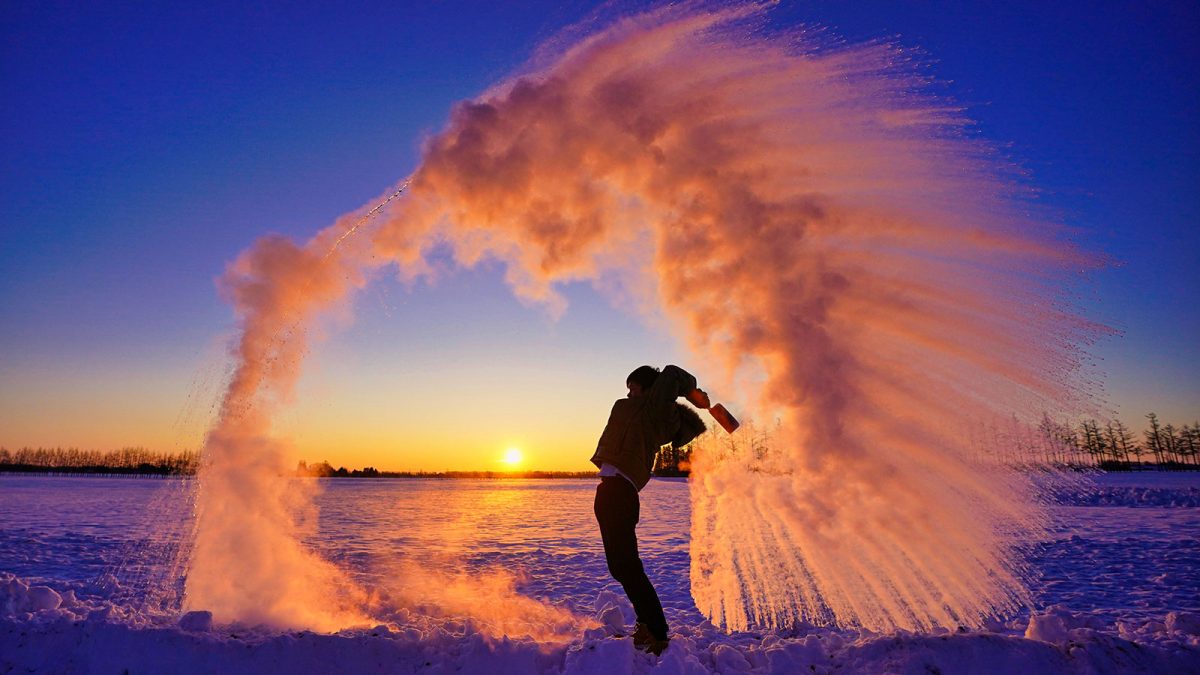One of the most puzzling questions in physics, and one that continues to baffle scientists, is whether hot water can freeze faster than cold water. This phenomenon, known as the Mpemba Effect, was named after a Tanzanian student, Erasto Mpemba, who made this curious observation in 1963. His seemingly counterintuitive claim has sparked decades of debate, research, and speculation, and while the Mpemba Effect has been shown in various scientific experiments, it remains an elusive phenomenon that is yet to be fully understood.
To understand the Mpemba Effect, it’s essential to examine how water freezes. Water freezes when it reaches 0°C (32°F) and crystallizes into ice. In theory, cold water, being closer to this temperature, should freeze faster than hot water, which needs to lose more heat to reach the freezing point. However, the Mpemba effect suggests that this process is not as straightforward as it seems.
One possible explanation is evaporation. As hot water loses more of its mass to evaporation, the remaining water cools faster. Additionally, evaporation itself removes heat from the water, speeding up the cooling process. This reduction in volume and heat loss might lead hot water to freeze quickly under the right conditions. Another explanation involves convection currents. In hot water, the difference in temperature between the surface and the bottom creates strong convection currents that help distribute heat evenly throughout the water. Cold water, on the other hand, may not experience these same currents, allowing temperature gradients to slow its cooling. Finally, the concept of supercooling is yet another possible explanation for this phenomenon. Cold water can sometimes be supercooled, meaning it remains in a liquid state even when it drops below its freezing point. This delay in freezing allows hot water, which is less likely to supercool due to impurities or bubbles, to freeze first.
The Mpemba effect serves as a reminder of the complexities inherent in nature. While it may seem counterintuitive for hot water to freeze faster than cold water, the effect underscores how many variables can influence the cooling process, such as evaporation, convection currents, supercooling, and the materials involved.
Even today, the Mpemba effect continues to intrigue both scientists and the general public. Though the scientific community has yet to reach a consensus on the effect, the puzzle remains an exciting area of research that highlights the unpredictable nature of seemingly simple processes.














































































































































